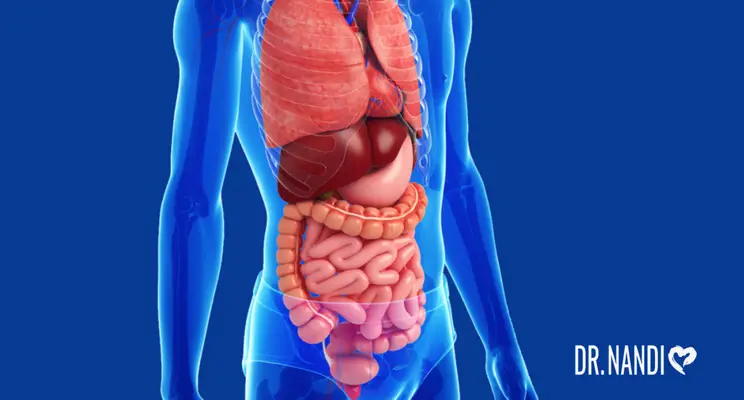Is Drinking Ginger Water Good for Health?
(WXYZ) – Ginger is a delicious and healthy spice that’s also been used for medicinal purposes. But does drinking ginger water come with health benefits as well? There are plenty of studies supporting how this renowned herb can help with one’s health. But when it comes to ginger water, research is not conclusive. One study that reported…





















